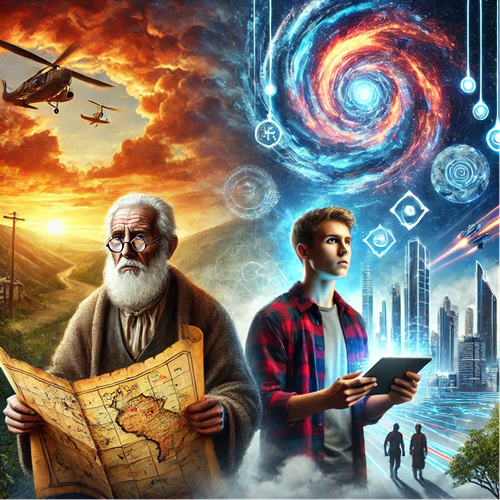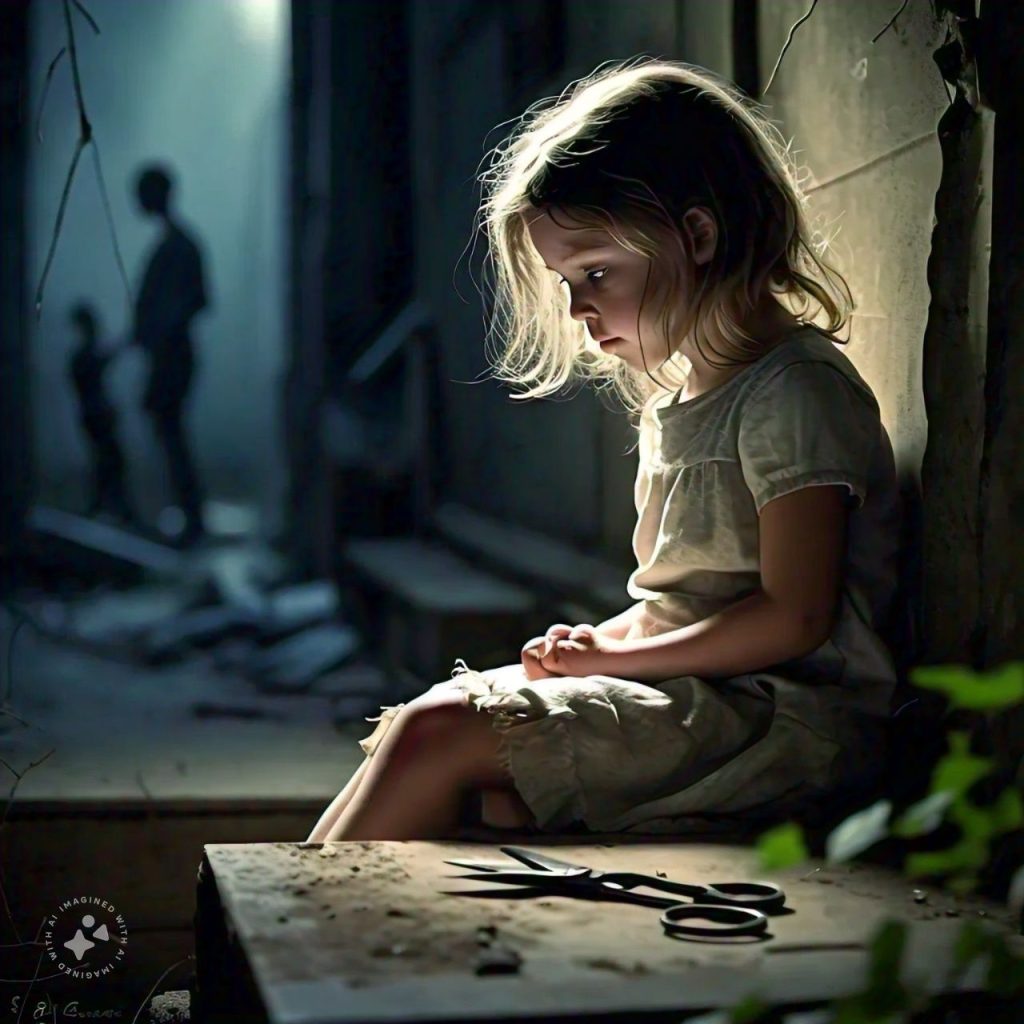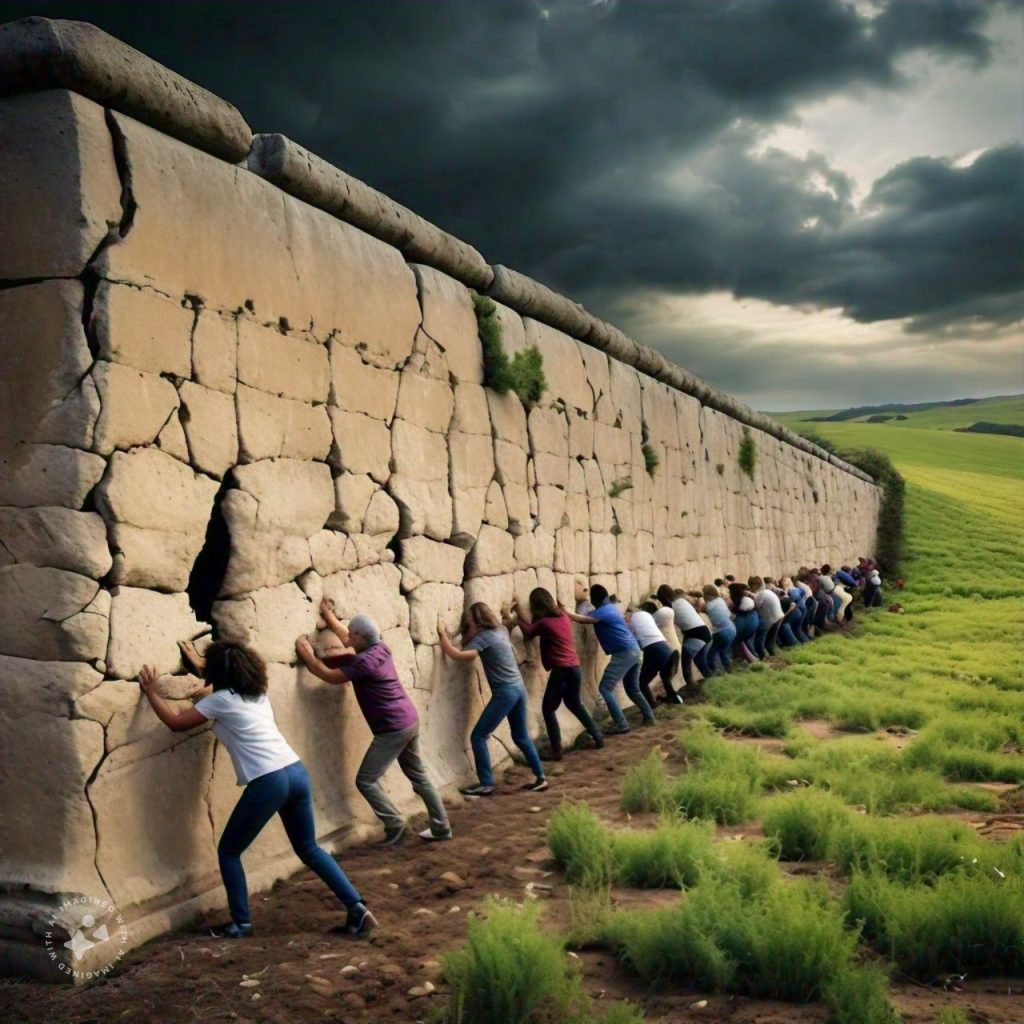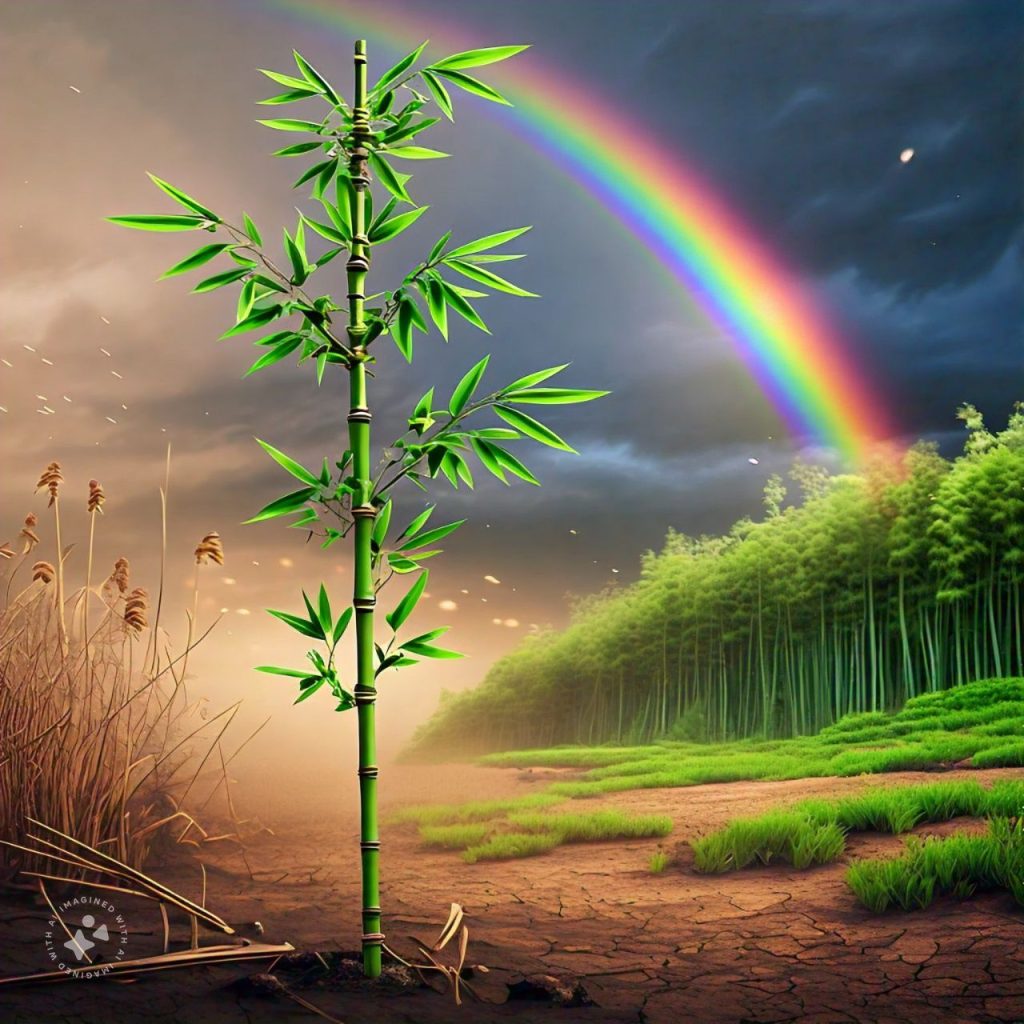Introduction: The Changing Tide of Knowledge

As the world hurtles forward at breakneck speed, the age-old wisdom passed down from our elders begins to lose its relevance. The once steady hands that guided us through life’s challenges now find themselves navigating unfamiliar waters. The truth is, tomorrow is unknown, and the knowledge that once helped our elders is no longer enough to help today’s youth.
The Rapid Evolution of Science and Technology
Science and technology are evolving at an unprecedented pace. The devices and systems that seemed like distant dreams to our grandparents are now integral to our daily lives. From AI to quantum computing, the landscape of work and communication is shifting so quickly that even the most seasoned elders struggle to keep up. A 2023 study by the Pew Research Center found that while older generations appreciate the benefits of technology, they often find themselves overwhelmed by its complexities, creating a generational gap in understanding and adaptability (Pew Research Center, 2023).
Social Knowledge and Awareness: A New Frontier
The world has become more socially aware and interconnected than ever before. Issues like gender identity, mental health, and cultural sensitivity are no longer fringe topics but central to our social fabric. Elders, who grew up in a world with rigid norms and limited exposure to diverse perspectives, often find it challenging to understand and engage with these new realities. According to social psychologist Jonathan Haidt, “The rapid changes in social norms have left older generations disoriented, unable to provide the guidance they once could” (Haidt, 2022).
The Complex Web of Human Interaction
Human migration, intermarriage, and the intertwining of cultures have created a global tapestry that defies traditional boundaries. Elders, who often lived in more homogenous communities, may struggle to navigate this new, multicultural world. The advice that once worked within the confines of a single culture or community now falls short in a world where identities are fluid, and boundaries are blurred.
Economic and Gender Awareness: The New Battlegrounds
Economic realities have shifted dramatically, with gig economies, remote work, and digital currencies becoming the new norm. In the past, during the era of hunters and gatherers, survival hinged on traditional roles, where men hunted, and women gathered. Over time, as societies evolved, so too did gender roles—moving from strictly defined duties to more fluid identities. Elders who spent their lives working within stable, long-term employment structures may find it difficult to offer relevant advice to young people navigating these new economic landscapes. Similarly, the growing awareness of gender issues, including the recognition of non-binary identities and the evolving roles of men and women in both professional and personal spheres, has added layers of complexity to social interactions that previous generations did not have to contend with.
Conclusion: Embracing the Unknown
As we stand on the precipice of the future, it becomes clear that the wisdom of our elders, while valuable, is not enough to navigate the turbulent waters of tomorrow. The youth must chart their own course, armed with the tools of modern science, technology, and social awareness. This does not mean dismissing the past but recognizing that the knowledge that got us here may not be the knowledge that takes us forward.





